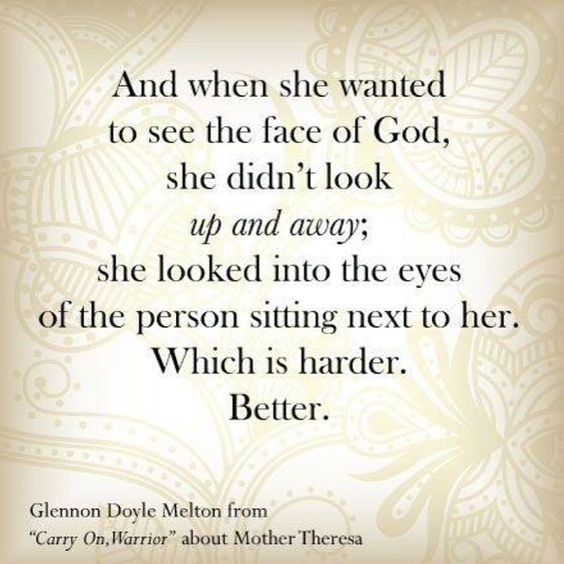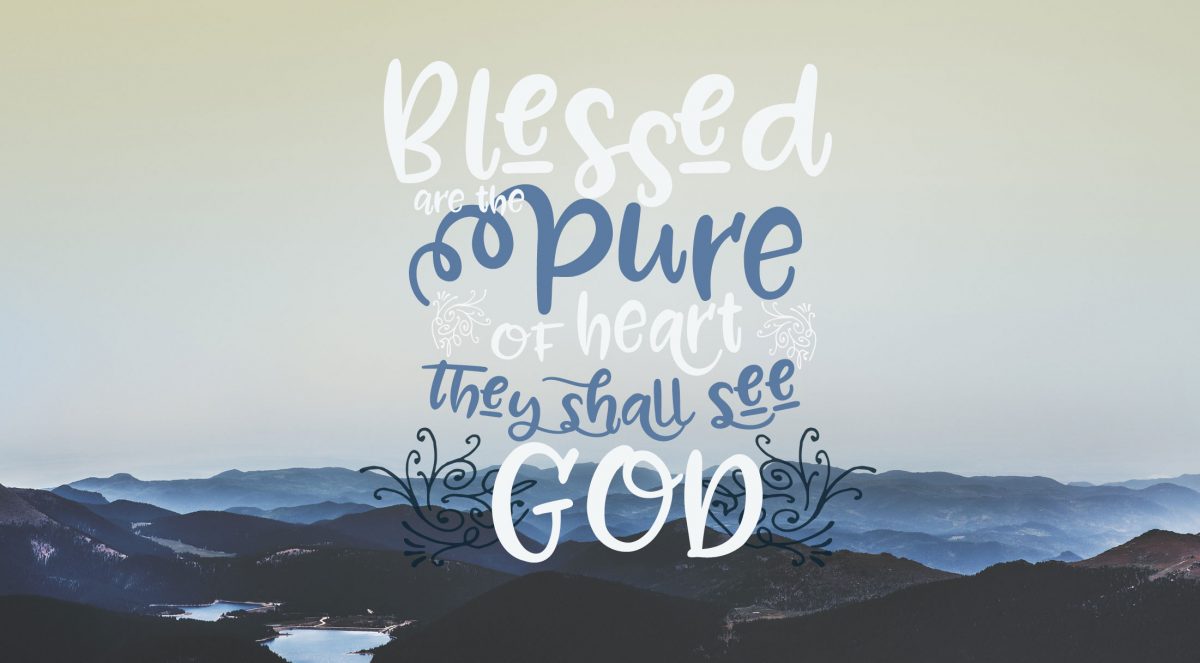Lenten Devotional – FRI, Mar 19: PEACEMAKER
Notice that in this blessing, those who receive it are those working toward peace. Even this state of being, whether internal or societal, has not yet been accomplished. The gift is offered to those who seek its achievement, if not in their own lifetimes, then in generations to come. They help build it up. Perhaps […]



